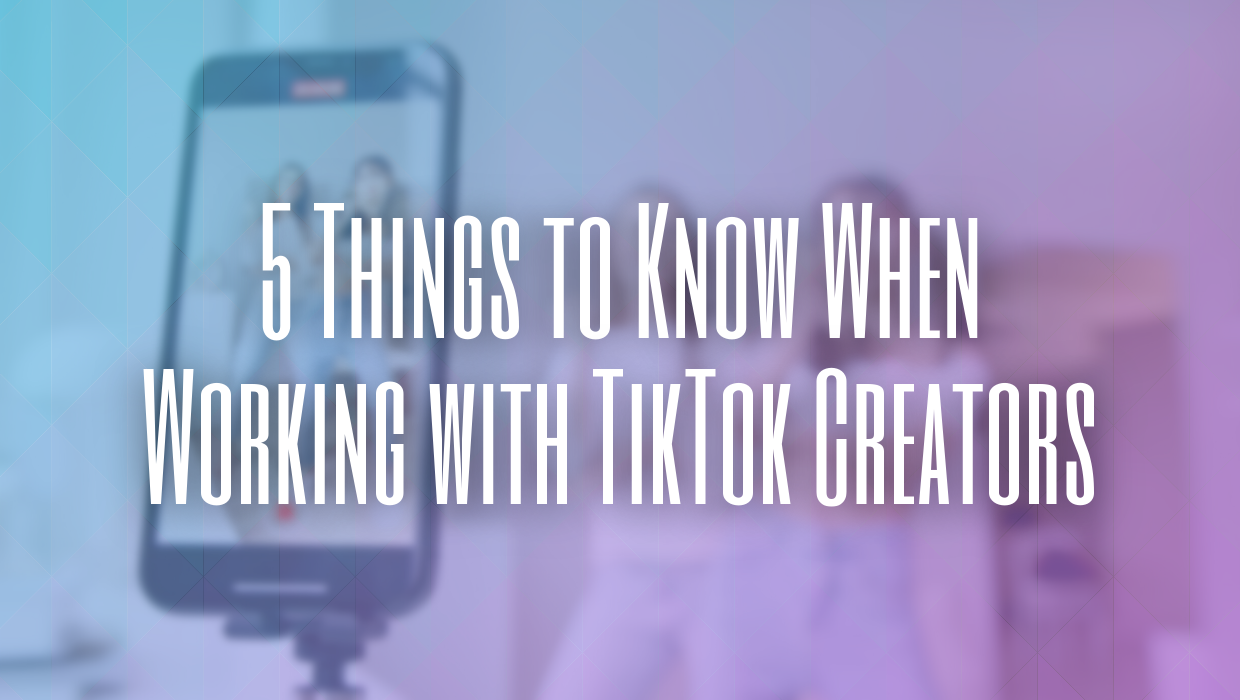It seems like there isn’t a single feature online that spammers haven’t figured out how to use for their benefit. The latest trend for online scammers is targeting Google Alerts. It’s a relatively unknown method, but it could have serious consequences. Here’s what you should know.
What is Google Alerts?
Google Alerts is a simple feature that allows users to monitor the Internet for content related to their interests. A Google user can sign up and select which topics they’d like to be kept up to date on. Google then compiles a list of related links and emails them to users. Celebrities notoriously use the feature to keep up on the news being published about them online.
How do spammers use it?
Google delivers a list of new links to the users’ inbox related to the indicated topics. As Search Engine Land put it, “But these seemingly harmless updates can hide potentially harmful links as scammers get increasingly crafty.”
What happens is that scammers flood their titles and content with keywords. This keyword stuffing gets them noticed as Google scams the Internet for new content to include in their Alerts list. Users then receive this list, and since it comes from Google, typically trust the links included. When users click on the bad links they’re directed to spam sites.
Why is it bad?
Online spam is bad for everyone, except the scammer. At best, users are taken to a slow, ad-filled website that they quickly exit out of. Most online scammers using this tactic simply want increased traffic to their site. But some of these Google Alerts spam links contain harmful malware. This malware could do anything from infecting the users’ device to scanning their personal information.
Does it impact SEO?
In theory, no, Google Alerts spam shouldn’t impact a business’ SEO. The danger is that scammers might be stealing content or linking back to a business’ website. Stolen content could cause a business to run into duplicate content issues. Google may index the spam sight over the legitimate one, which could cause lower rankings. Spam sites linking back to a legitimate website is also bad news. Google frown’s upon these low-quality links and it signals to them that a website isn’t as high quality.
What to do?
Unfortunately, Google is slow to react to Google Alerts spam tactics just how they are with their Local SEO spam issue. The first step after identifying a scam link is to report it to Google. Then make sure the to disavow the spam link so that they cannot link back to the business’ website.
Final Thoughts
Google is notoriously bad at monitoring scammer tactics on their features. We regularly find our clients being attacked by false negative reviews or competitors flooding Google Maps with duplicate business listings. The best bet is to scan the URLs before clicking on the links, even if they do come directly from Google Alerts. Always report the link. Google might be slow in responding, but they are improving.
If you have any questions feel free to contact us!







